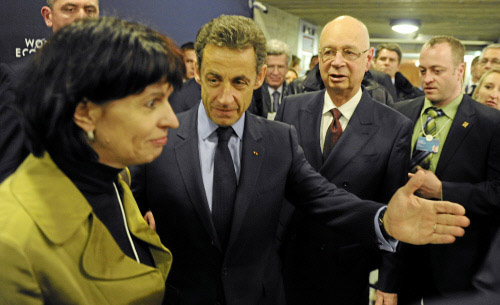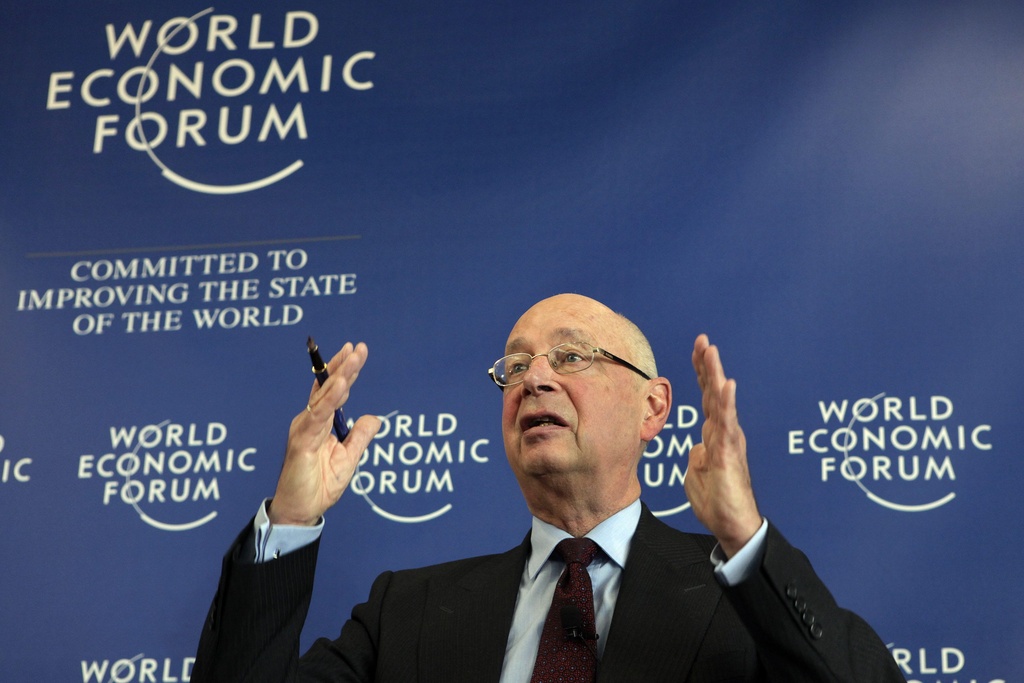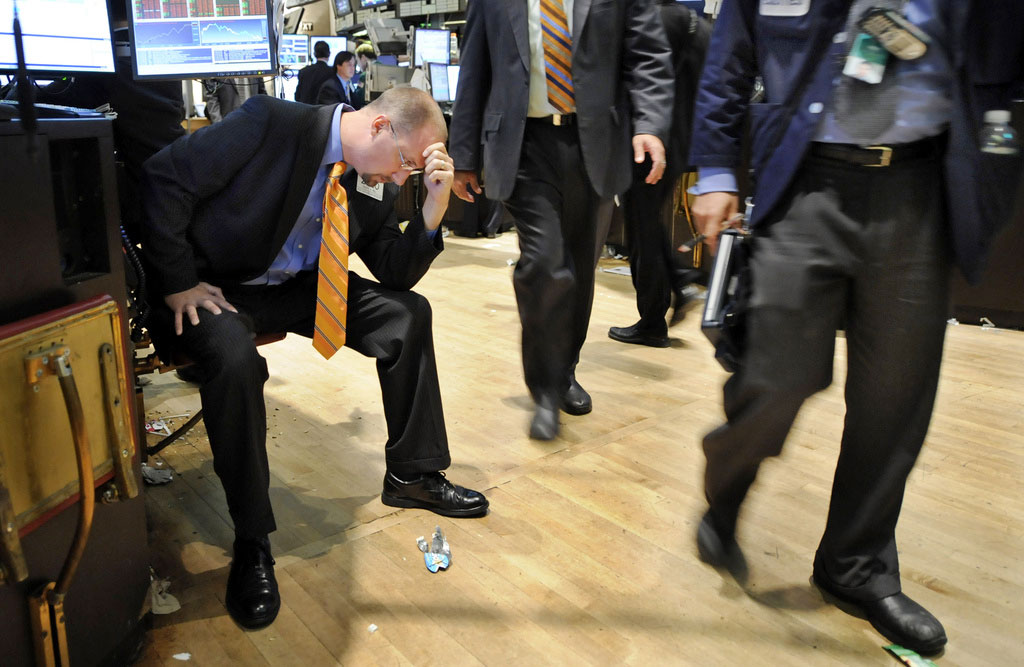Did Davos 2010 break or create barriers?

Departing World Economic Forum (WEF) delegates face the challenge of breathing new life into the economy after discussing many options and potential pitfalls in Davos.
But the overriding impression of the week was of a growing conflict between bankers, regulators and politicians that represents a significant first hurdle against a sustainable recovery.
Gone was the pessimism and defensive tenor of last year’s forum, but it was replaced with a thirst for a fight as each side drew up battle lines.
Swiss Economics Minister Doris Leuthard and French President Nicolas Sarkozy fired the opening salvoes to get the 40th edition of WEF’s flagship programme underway.
Leuthard chided the assembled business leaders and politicians for indulging in more talk than action. Bankers were accused of trying to “wriggle out of their responsibilities” while regulatory reform was “hurtling toward the abyss”.
Sarkozy warned that the reckless, bonus-fuelled “indecent behavior” of bankers would “no longer be tolerated”. “We can only save capitalism by rebuilding it, by restoring its moral dimension,” he warned.
Bumpy road ahead
Bankers hit back by dismissing a raft of recent regulatory proposals to tax bonuses and break up big banks as politicians playing up to popular sentiment in order to win votes.
Swiss Bankers Association chairman Patrick Odier told swissinfo.ch that draconian rules could drive some of the riskier activities underground, below the radar of regulators. “If regulation focuses too far on specific areas you run the risk of pushing people outside of the regulated area into under-regulated new industries,” he said.
Despite signs that a global economic recovery was starting to peek through the gloom, especially in emerging economies, the Forum rang plenty of alarm bells that the road ahead might prove to be rocky.
Rising unemployment, snowballing national debt and growing signs of national protectionism could derail efforts to get the economy moving again, delegates were told.
Haiti disaster hits home
But overshadowing the banking regulation argument was the tragedy of Haiti where hundreds of thousands of people were killed or injured in a series of earthquakes earlier this month.
Former United States President Bill Clinton launched a joint appeal with WEF organisers to encourage companies to restore Haiti’s economy with a long-term commitment to doing business in the devastated country.
Several non-governmental organisations were also present to share their experiences of the disaster and to outline how past experiences had helped shape their response to the current situation.
Humanitarian aid featured heavily in Davos with Microsoft founder Bill Gates announcing a 10-year, $10 billion (SFr 10.61 billion) funding plan to help vaccinate the world’s poorest people through the Bill and Melinda Gates Foundation.
The five-day event also found time to discuss a wide variety of subjects, from health issues to water supply, political hotspots, the latest technological trends, the 2010 football World Cup, ageing populations, the environment, piracy and the influence of religion.
Some of the more offbeat sessions included: “The Art and Science of Imagination”, “The Bard and the Buck”, “Diary of a Wimpy Kid: Lessons on Reconnecting with Children” and “Does an Algorithm Run Your Life?”.
However, as delegates packed their bags with the admonishments of President Sarkozy still ringing in their ears, the biggest question left remaining was how much the various actors would act in concert in following the Forum’s motto to “redesign and rebuild the world”.
Matthew Allen in Davos, swissinfo.ch
The World Economic Forum started life as the European Management Forum in 1971.
Formed by German-born businessman Professor Klaus Schwab, it was designed to connect European business leaders to their counterparts in the United States to find ways of boosting connections and solving problems.
It is a non-profit organisation with headquarters in Geneva and is funded by the varying subscription fees of its members.
The forum took its current name in 1987 as it broadened its horizons to provide a platform for finding solutions to international disputes. WEF claims to have helped calm disputes between Turkey and Greece, North and South Korea, East and West Germany and in South Africa during the apartheid regime.
WEF conducts detailed global and country specific reports and conducts other research for its members. It also hosts a number of annual meetings – the flagship being Davos at the beginning of each year.
In 2002, this meeting was moved to New York for a one-off change of venue to support the city following the 9/11 terrorist attacks of the previous year.
Davos has attracted a number of big names in the world of business, academia, politics and show business. These include: Nelson Mandela, Bill Clinton, Tony Blair, Bono, Angela Merkel, Bill Gates and Sharon Stone.
As the forum grew in size and status in the 1990s, it attracted rising criticism from anti-globalisation groups, complaining of elitism and self-interest among participants.
The 2010 Davos meeting took place from January 27 to 31 and attracted 2,500 delegates from 90 countries.

In compliance with the JTI standards
More: SWI swissinfo.ch certified by the Journalism Trust Initiative












You can find an overview of ongoing debates with our journalists here . Please join us!
If you want to start a conversation about a topic raised in this article or want to report factual errors, email us at english@swissinfo.ch.